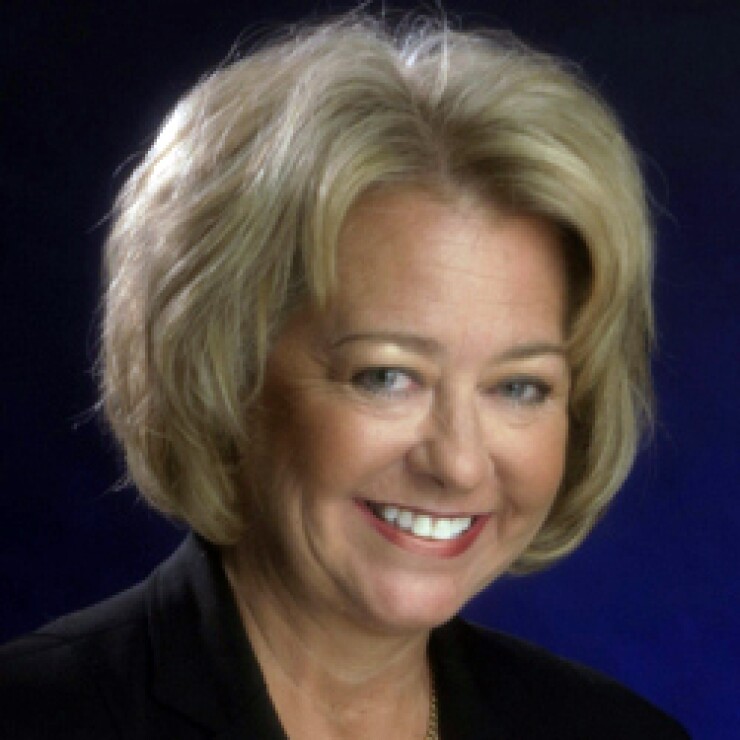
Financial services companies have put into place loan servicing processes that seem — from a customer service standpoint — almost designed to fail.
Banks and mortgage companies are notorious for putting their least skilled, worst paid part-time trainees into the most customer facing positions in the company: bank tellers, mortgage call-center staff and branch receptionists, to be exact. The loan officer tries to help, but has no control over the process once your loan is in the servicing arena. It becomes an effort in futility for the officer and an aggravation for you. The relationship a loan officer took several months to cultivate can be destroyed by your servicing area in just 10 minutes, and along with that, any referral business or future refinance business can be kissed good-bye.
In addition to an unskilled customer service representative taking over for an attentive loan officer, there is also the period of time that most loans appear to go into a black hole. The loan file might be going through quality control, data is checked, follow up documents are received, the servicing file is boarded, and money is moved to escrow. Once the data is captured on a servicing system, any number of third-party vendors are engaged: tax service, hazard and flood vendors, billing statements, coupons and print vendors. Depending on the company, the black hole can last anywhere from a few days to 4-6 weeks.
Several years ago, I did some consulting for a local mortgage banker and the CEO then hired me to fix the problems assessed. Nearly every problem that needed fixing occurred between funding of the loan and the eventual set up of servicing — in that so-called black hole. During my consulting engagement, fixing the problem entailed total reconstruction of the funding to servicing process.
Part of the process change was to implement an escalation point for customer service and assistance. After automating the boarding process, setting up better QC, and mapping and implementing a document viewing and storage system, we set up a strong oversight and audit process of our subservicer. If you are going to have a subservicer doing business in your name, the oversight needs to extend to how they are representing you as a company, be it on the phone, in their correspondence or in the products they present. These were all areas that needed attention.
Once the process was solidified, we were able to shorten and bridge the time between funding and servicing. The Mortgage Servicing Operations area morphed into a high-level, high-touch customer service and escalation point where talented individuals resolved any issue from explaining a HUD-1 to how an escrow analysis is calculated.
Your servicing team is escorting the customer through the largest financial transaction of their life, and it should go smoothly and accurately. That's the basis for most of the compliance and regulations servicers are faced with today. By implementing our business model we were able to obtain better compliance results as well as provide a higher level of service for customers. Complete accountability is our mainstay philosophy. We are accountable to all of our customers, loan officers, processors and anyone else with a stake in the transaction.
The mortgage servicing industry is reeling with fear of the CFPB. It was bad enough that we already had to deal with myriad federal, state and investor regulations and requirements, but now we need to protect the consumers, too. What? These agencies expect us to communicate, educate and service our customers with a smile in our voice? Wouldn't loan officers feel more confident to pass their customers off to servicing experts if the customers were taken care of, efficiently and accurately, right out of the gate?
The most important piece of advice offered to me when I started in this business was to always do the right thing. If you ever fall into a gray area, do the right thing for your customer. If you do that, consumers — and regulators — will be on your side.
Glenda L. Cooper is an independent mortgage contractor in Tacoma, Wash. and was previously with Cobalt Mortgage.




